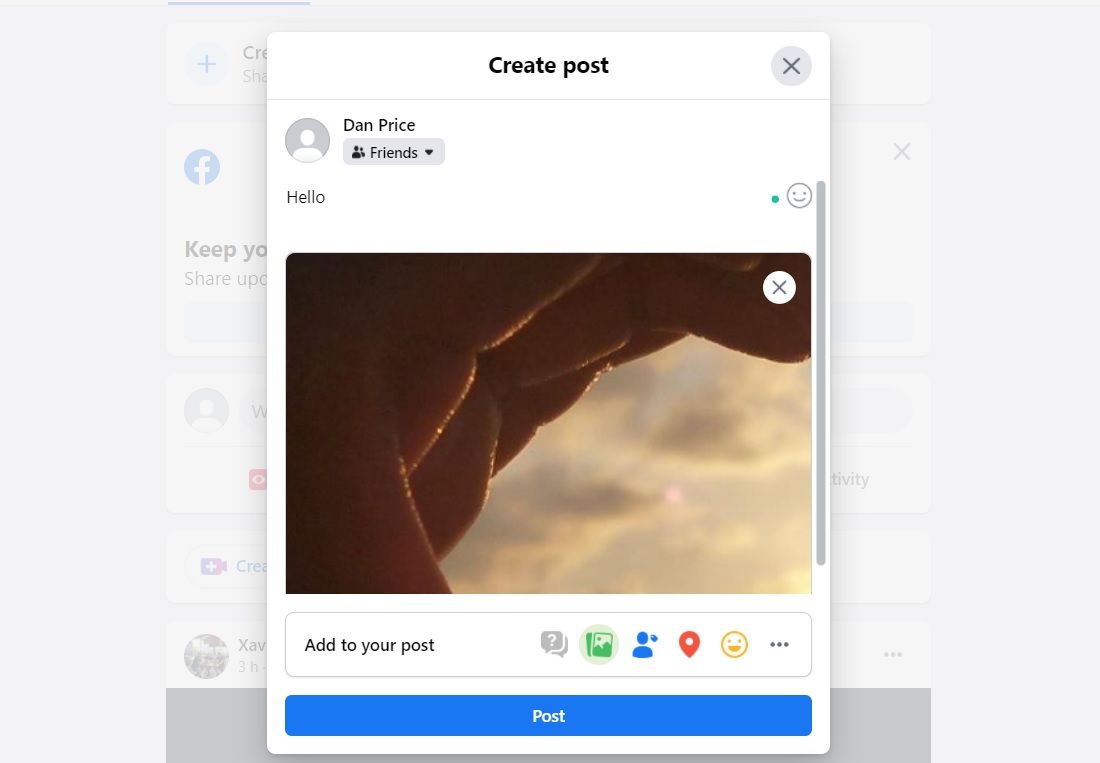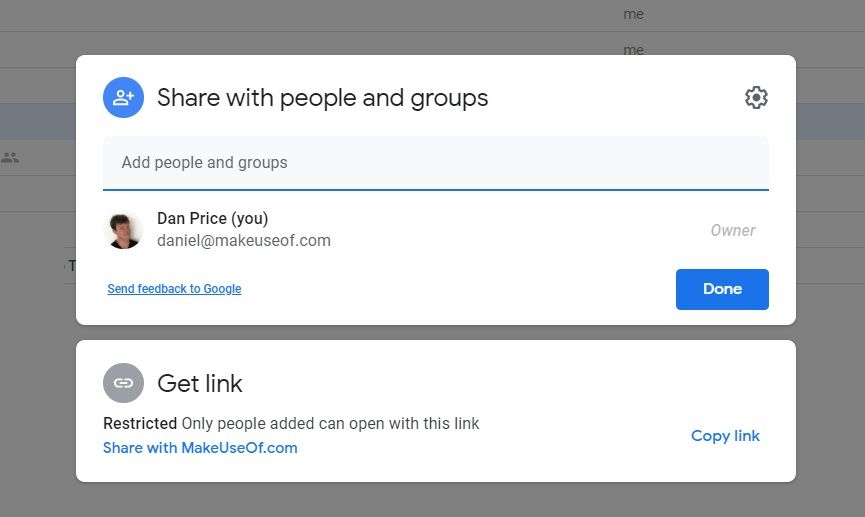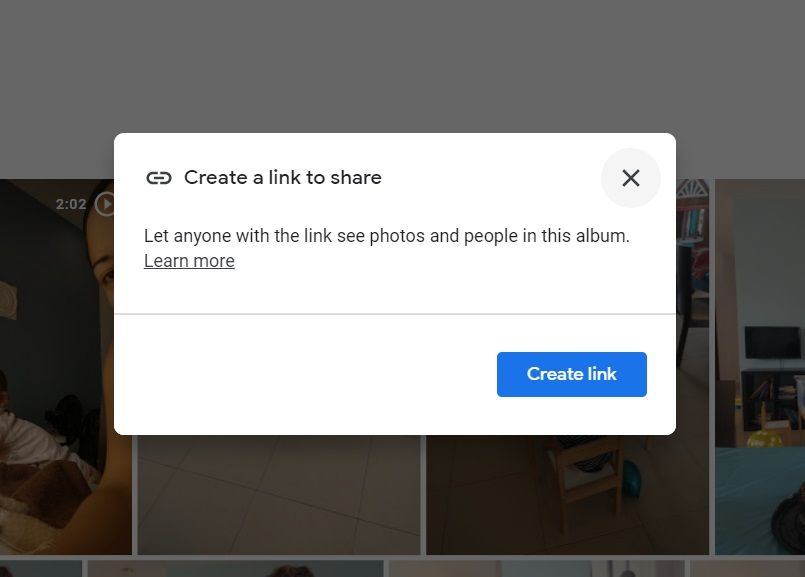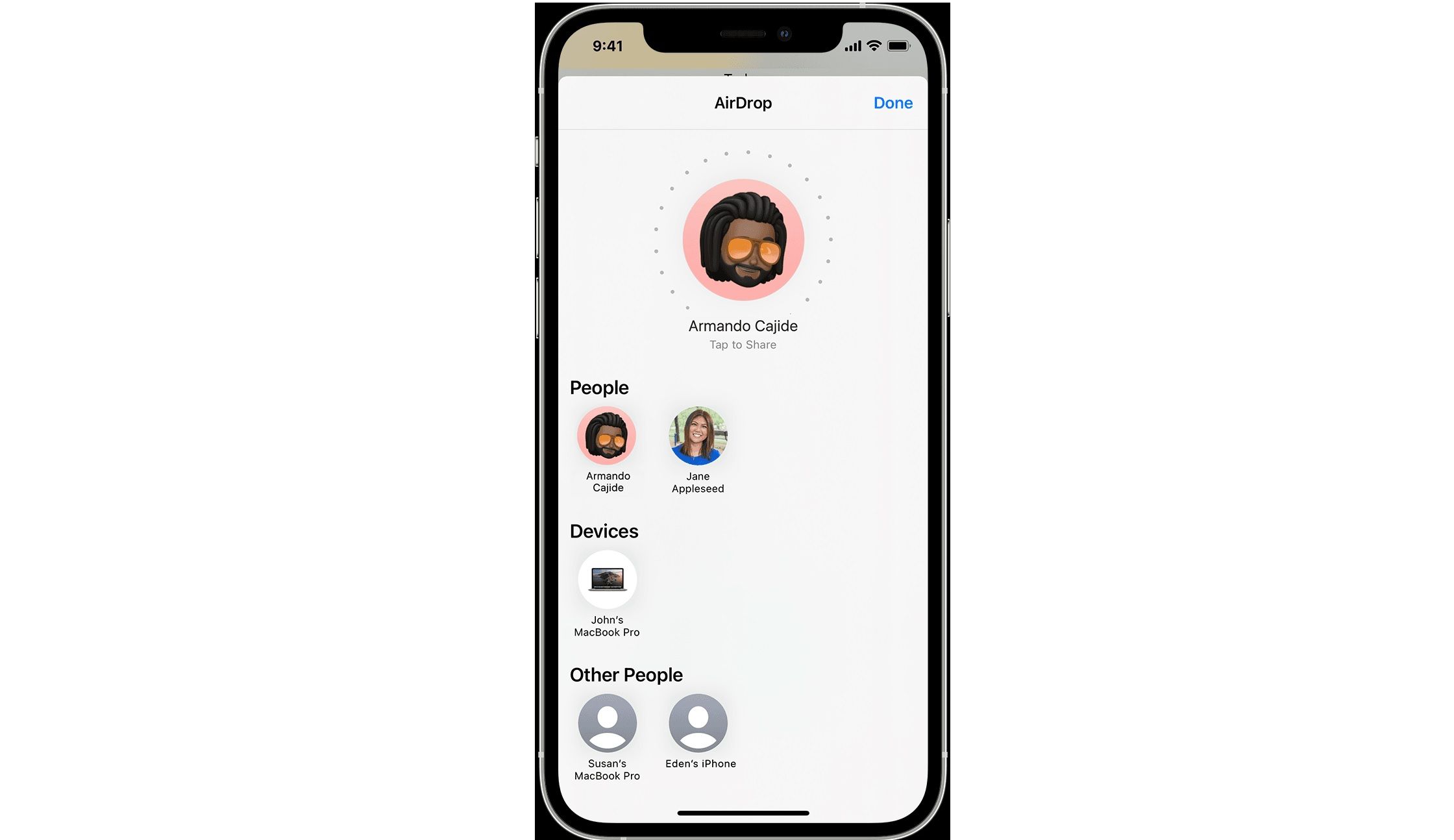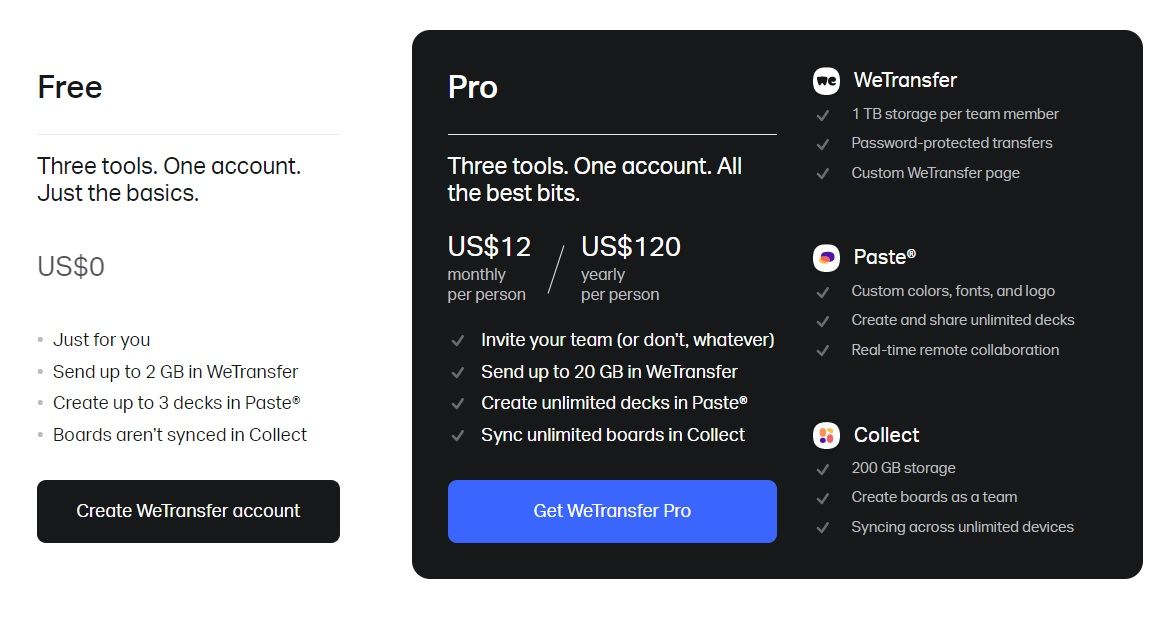
[ad_1]
If you have folders full of photos and videos that you want to share with your family, you have more ways than ever to distribute them. But what is the best way to share photos with your loved ones? Keep reading to learn more.
Facebook has many faults, but it remains one of the best ways to share your photos. You can upload as many photos as you wish and can share them with as many users as you want.
Perhaps the most significant positive for Facebook is its ubiquity. With 2.5 billion users, almost everyone in your family will have an account, even if they’re not heavily engaged with the network.
The ubiquity makes sharing photos fast and easy; you can create a private album and share it with other users in seconds. There’s no messing around with email addresses, and no problem with trying to get the “tech illiterate” members of your family to adapt to an unknown app.
On the flip side, Facebook’s privacy issues are well-documented. Today, many people feel grossly uncomfortable with sharing their personal data—photos included—on the network. You will have to decide where you stand on the issue.
2. Cloud Storage Services
Another way to share photos online privately is to use a cloud storage service. Three primary services dominate the landscape: Google Drive, OneDrive, and Dropbox. But there are plenty of other free cloud storage providers.
Google Drive provides all users with 15GB of storage for free. OneDrive offers 5GB, and Dropbox offers 2GB. The cheap anytime-anywhere access can be the best way to share photos with family.
Each of the services allows you to create a folder, upload the photos you want to share with your family, then either share the folder on a user-by-user basis or by using a shareable link. You need to know the email address of the person you want to share with.
Although Google Photos no longer offers unlimited storage, it remains a quick and easy way to share photos with your family, especially if they also have a Google account.
Pair the still-generous upload limits with Google Photos’ market-leading photo recognition algorithms, and you’ve got yourself a powerful tool.
For example, if you want to share photos of a past family event or a specific photo, the Google Photos search tool can easily find it. Just type something like “family with Santa in Finland,” or “Baby Frank’s christening” and the matching images will appear instantly.
Google Photos also lets you set up shared libraries with a partner and share private photo folders with an unlimited number of users.
4. Instant Messaging Apps
The three ways to share photos that we’ve looked at so far are all geared mainly to sharing many photos at the same time. They are less well-suited to quick snaps and short family videos. In those cases, it’s best to turn to an instant messaging app.
Many people will instinctively reach for WhatsApp, but it’s not the best instant messaging service for sharing photos. It only lets you send 30 images in one go, and each image/video is restricted to 100MB in size.
In contrast, Telegram lets you share files up to 1.5GB. You could use the service to send high-resolution 4K images if you really needed to.
In recent years, Flickr has become increasingly aimed at professional photographs. Free users only get 1,000 free photo uploads; thereafter, you’ll need to upgrade to the Pro plan for $6.99/month.
However, if you’ve ever paid to have a professional family photoshoot, there’s a good chance that the photographer will use Flickr to share the digital copies of the photos with you. As such, Flickr deserves a place on our list.
Some of its features include photo editing tools and organizational tools. Pro users also get auto-backups, stats, and an ad-free experience.
6. AirDrop
If you live in a family of Apple users, it’s hard to beat AirDrop for ease of sharing. Like instant messaging apps, it is better suited for sending a single or a small number of photos rather than for sharing massive folders.
You can use AirDrop to instantly beam photos, albums, events, journals, slideshows, and more. This makes the feature, not only one of the best tools for sharing photos, but also for sharing memories of entire family experiences.
Remember, the more photos you send via AirDrop, the longer it will take. For the best performance, make sure the two devices are as close to each other as possible.
Some web apps specialize in letting you send many photos and videos to your family. One of the leading services in the field is WeTransfer. It lets you share 2GB of photos (and other data) for free. You don’t even need to make an account.
Of course, there are a few restrictions. For example, the content you share is only available for your family to download for seven days, and you can only add up to three email addresses to share the photos with.
If you want to remove the restrictions, you’ll need to sign up for WeTransfer Plus. The data limit increases to 20 GB. WeTransfer Plus costs $12 per month.
8. USB Memory Stick
Finally, you should never overlook a trusty USB memory stick. If you’re all in the same room and have the appropriate devices, it is by far the fastest and easiest way to share photos. You don’t need to hang around while the images upload to a web server.
These days, you can pick up a 128GB memory stick for around $15 on Amazon, so there’s no reason not to keep one handy in your bag or car.
Which Is the Best Way to Share Photos?
Each of the methods we’ve looked at has its own pros and cons. Facebook is the most ubiquitous, Google Photos offers the best sharing and backup features, and WeTransfer is ideal for bulk transfers.
Of course, you might want to go really old school and take them to a photo print shop, but that’s a whole other article…
[ad_2]
Source link


